Each way golf betting: Better places or bigger prices?
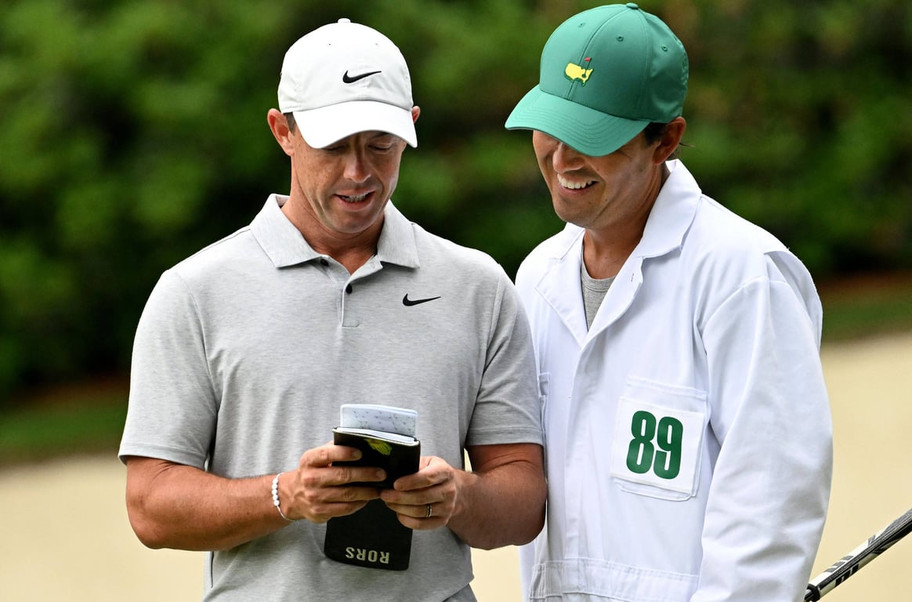
A topic regarding golf betting that I think about a lot is whether it’s best to take the extra places or the bigger prices.
This is especially true nowadays, as there are currently a lot of alternate each way markets and ‘each way extra’ options where you can pick your own terms.
Love golf? Find the best golf betting sites and bet with welcome bonuses today.
We’ve scratched the surface on this subject when picking out six strategies to nail your golf betting - we’re going to delve into one of the biggest topics in that article right now.
It is certainly worth delving deeply into this as odds comparison sites may not portray all the options now.
If you look at some of the golf betting markets, they are mathematically incorrect. For example, some golf bookmakers might be offering 25/1 (five places) and 22/1 (eight places) at the same each way terms of 1/5th.
I typically advise taking extra places as long as you can get at least 75-80% of the general golf odds on offer.
Some other smart people in the game will argue to take the side of the bigger prices: these people will often include the significantly maths oriented, such as golf traders and golf odds makers.
Bookmaking requires the use of frequentist statistics, but in golf betting it is not as simple as that.
What if we can work out what each extra place is equivalent to in terms of expected value vs the price on offer?
The mathematics at golf bookmakers might be correct all things being equal but if there are random variables in place (like the wind and course fit), as in all sports betting, it may not be the case as the true odds are affected.
Let’s use the analogy of odds in card games or at a casino where the implied probabilities equal the actual probabilities.
When random number generators and return to player percentages are in use for casino games the odds are fixed. But is this true in sports betting? Not necessarily.
Golf betting tips: Scottish Open preview
Is golf betting the same as betting in a casino?
All golfers are different in makeup (they are human after all) and when making a golf betting pick on his or her own merit, we need to use conditional probability to form more precise prices and ascertain the true probabilities.
In sports betting in general we need to weigh up and add in all the variables, looking at our bets in a vacuum.
When we do this, the dynamic and the maths of the bet can change. The odds don't necessarily match up to the actual probabilities.
Using the golf betting markets as an example, you might feel that 1/4 five places at 100/1 is better than 1/5th eight places at 75/1 given the bigger payouts. This might be mathematically correct if all players were robots with the same ability.
But, what if the specific player in question you are backing rarely finishes in the top five places? When certain golfers play well often the best they can do is crack the top 10 or finish in positions sixth to eighth.
I did an in-depth study on this theory over several years and my records show that golfers lower down the tiers (higher odds players) of the golf betting odds will finish, on average, around two times more frequently in positions six to 10 than positions two through five.
You are not unlucky betting on golf if your player drops a shot late on and fails to place if you have only taken five places.
Golf tournament fields nowadays have such strength in depth and one or two shots count for so much.
For example, golfers will often fall outside the top 10 from being in the top five if they bogey their last hole.
If we add up all the extra place money we recoup by having positions six to eight onside, or even 10 places, over a large sample of bets.
That sum will usually outweigh the money we get back from taking the higher prices and lesser place terms. Winners in golf these days are few and far between. The value is mainly in the places and as a rule the more places you have the better.
Mathematical each way golf betting example
The probability of an average pro golfer finishing in the top five is significantly lower than the probability of them finishing in positions six through ten.
If we shop around the different golf bookmakers and get 75-80% of the general opening price with extra places, we can run some numbers and see what happens.
Let’s look at some maths behind the theory:
We place £10 each way on a golfer at 100.0 at terms of 1/4 five places vs £10 each way on the same golfer at 80.0 with terms of 1/5th ten places.
The theoretical “true” odds are 80.00 in the win market so let’s make 80 each way golf bets in this example.
(a) Each way terms are 1/4 five places at 100.0. Let’s place some £10 each way bets:
As per above, we are making 160 bets (win and place bets) so our outlay is (£10 x 160 bets) = £1600.
Our Win return would be £10 * 100.0 = £1000
Our golfer is expected to place four times, so four places * 25.0 at £10 stakes equals a total of £1000.
Our total return is therefore £1000 for the places plus £1000 for the win while the total outlay was £1600. Profit is £400 for a return on Investment of 25%.
(b) If we take 1/5th eight places at 80.0 our outlay is still £1600 (£10 x 160 bets).
Our return for a win is £10 * 80.0 = £800
A place return at 1/5th of the odds returns £10 * 16.0 = £160. However, given my analysis we record around 10 places (with the extra terms) in this period as opposed to four.
(My research showed that players will fill positions five to ten circa two times more than positions two-five).
The total return is now £800 + (£160 * 10) = £2400
Profit = £800 for a 50% ROI, as opposed to the £400 (25% ROI) at terms of 1/4 five places.
A key point is that place markets should not typically be straight derivatives of the win market. Most golf bets will not finish in the top five positions as often as they will finish in positions six to eight or positions six through 10.
Backing a golfer five places is no use if the golfer doesn't have a ceiling that allows them to get in that top five enough times to make it profitable.
Win and place markets are independent in sports betting. If a player is 100.0 to win it doesn’t automatically make them 9/1 to finish in the top 10.
Conditional factors come into play like the strength and depth of the field and the type of player in question. What form are they in? How strong is their course fit?
Analogy of a shrewd golf bettor
I repeatedly offer you 12/1 about a golfer finishing in the top five, knowing he almost never finishes in the top five.
At the same time, I’m taking a cut price 4/1 off someone else on the same golfer finishing in the top 10 (knowing he’s a regular finisher in positions six through 10).
Who is getting the best bet? There’s no point taking 12s if you can’t realise your equity. X% of something is better than Y% of nothing.
The moral of the story is that the sum of the extra place money returns eventually outweighs the bigger price returns on most golfers.
Each way golf betting on the exchange
An untapped market is the each way option on Betfair Exchange. For nearly every event on the PGA Tour and the DP World Tour there is a market paying ten places at a fifth of the odds.
Prices which are generous when the markets become more liquid on Wednesdays. Liquidity is limited in run of the mill tour events.
This is a topic we’ve explored in much more detailed format, including the pros and cons of betting exchanges in the UK.
There is often serious value in the place part of the bet in these golf betting markets so if we can find a price where the win part is close to neutral EV this is the golden goose.
You can use an exchange like Matchbook to get better odds in the win and top 10 markets if you want an alternative to betting each way.
We can also use golf bookmakers to shop around and get what is called a synthetic hold if we were to take the top price on each player across the golf betting sites.
Some bookmakers will stop you placing multiples bets on alternative or each way extra golf markets but if you like playing cross doubles, especially at long golf odds, this is a great way to play the golf betting markets.





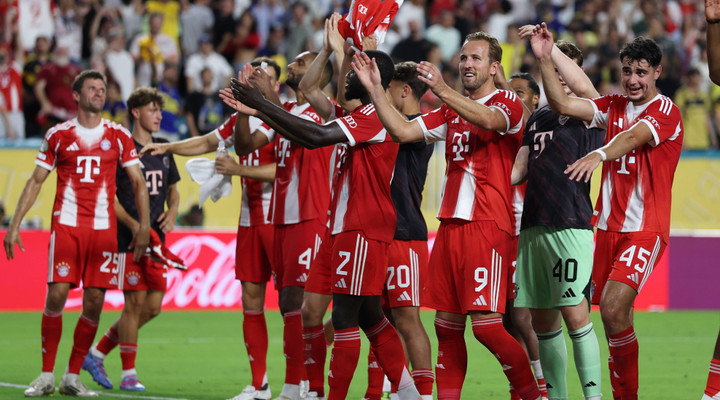
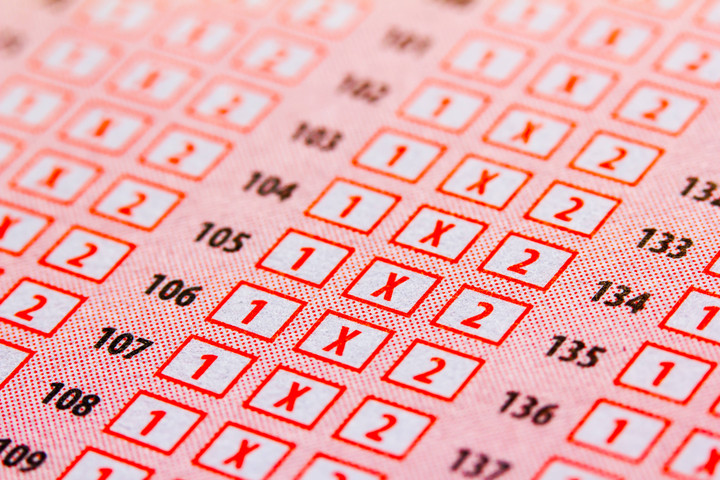 What is 1X2 betting?
What is 1X2 betting?
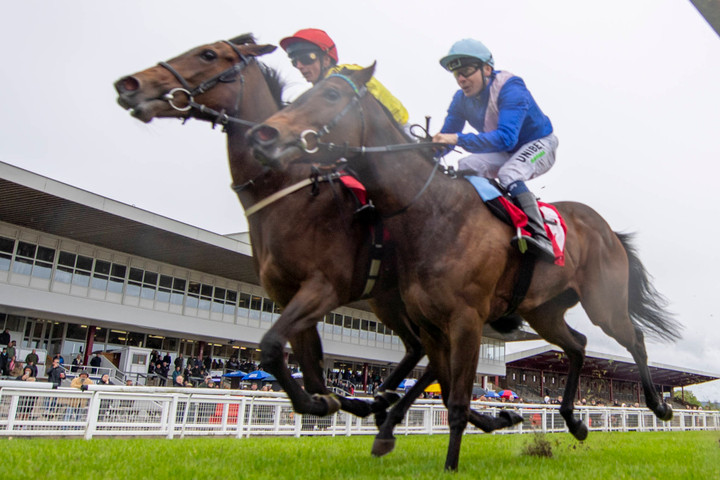 What is a lay bet - the ultimate guide to lay betting
What is a lay bet - the ultimate guide to lay betting
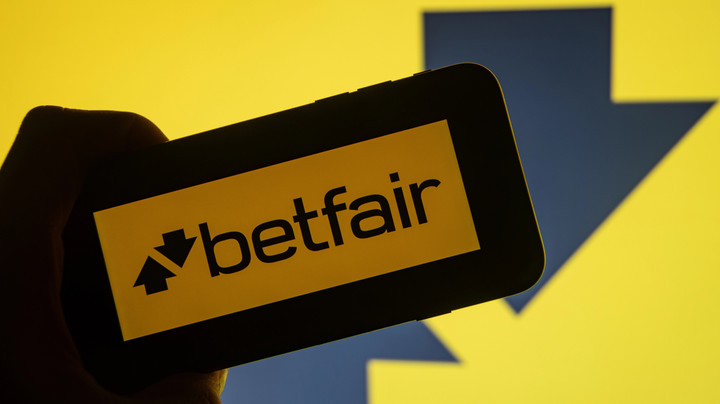 What is exchange betting and how does it work?
What is exchange betting and how does it work?
